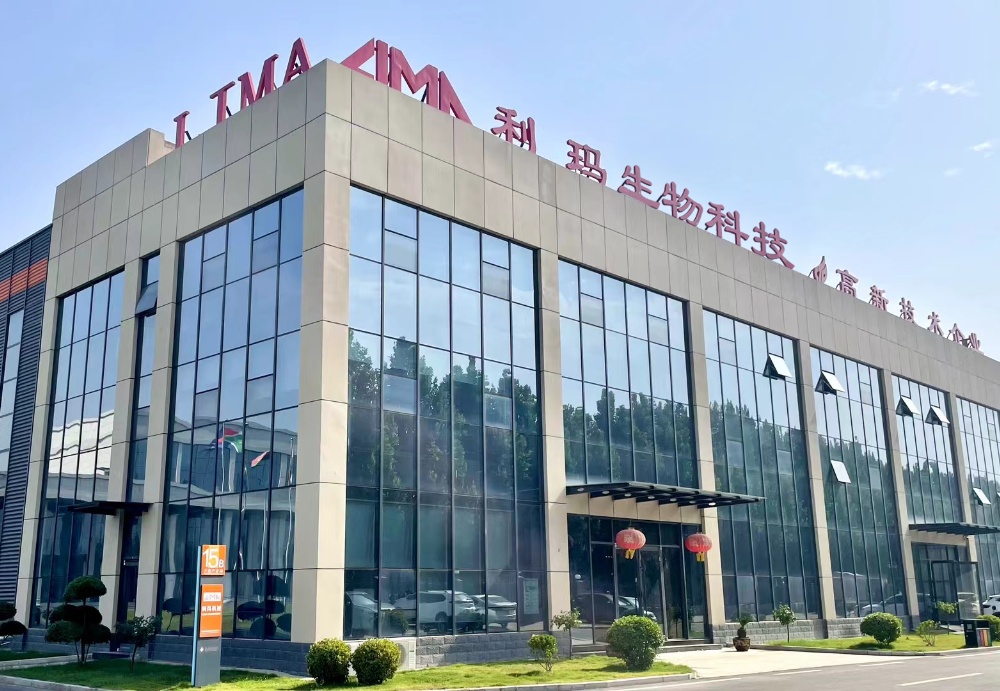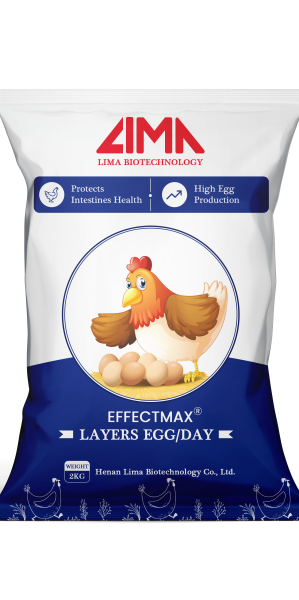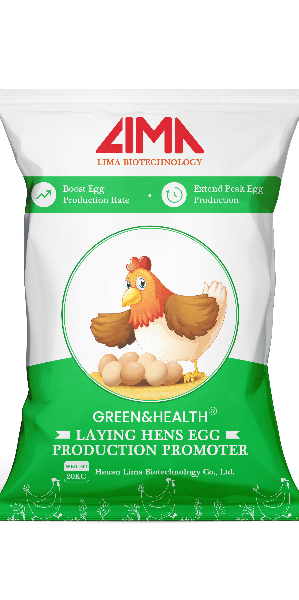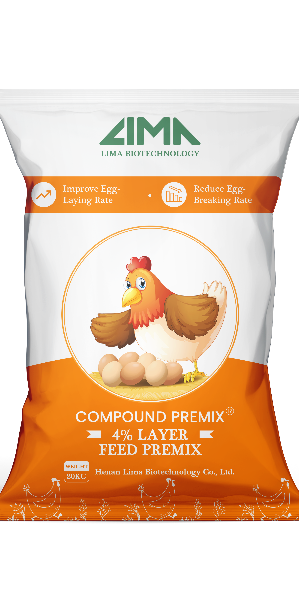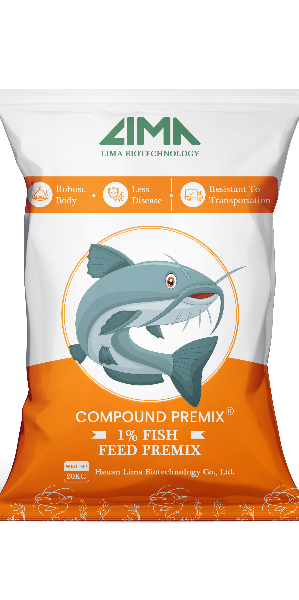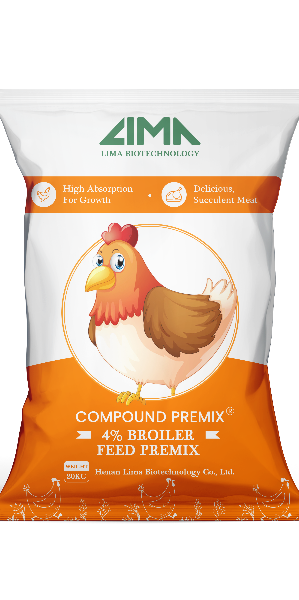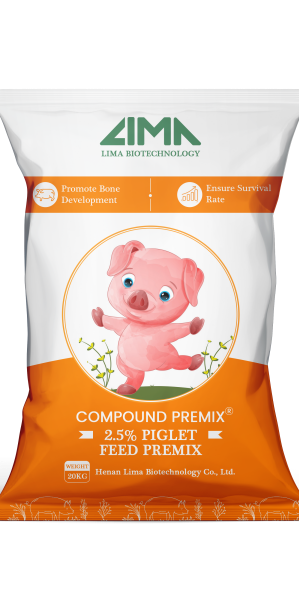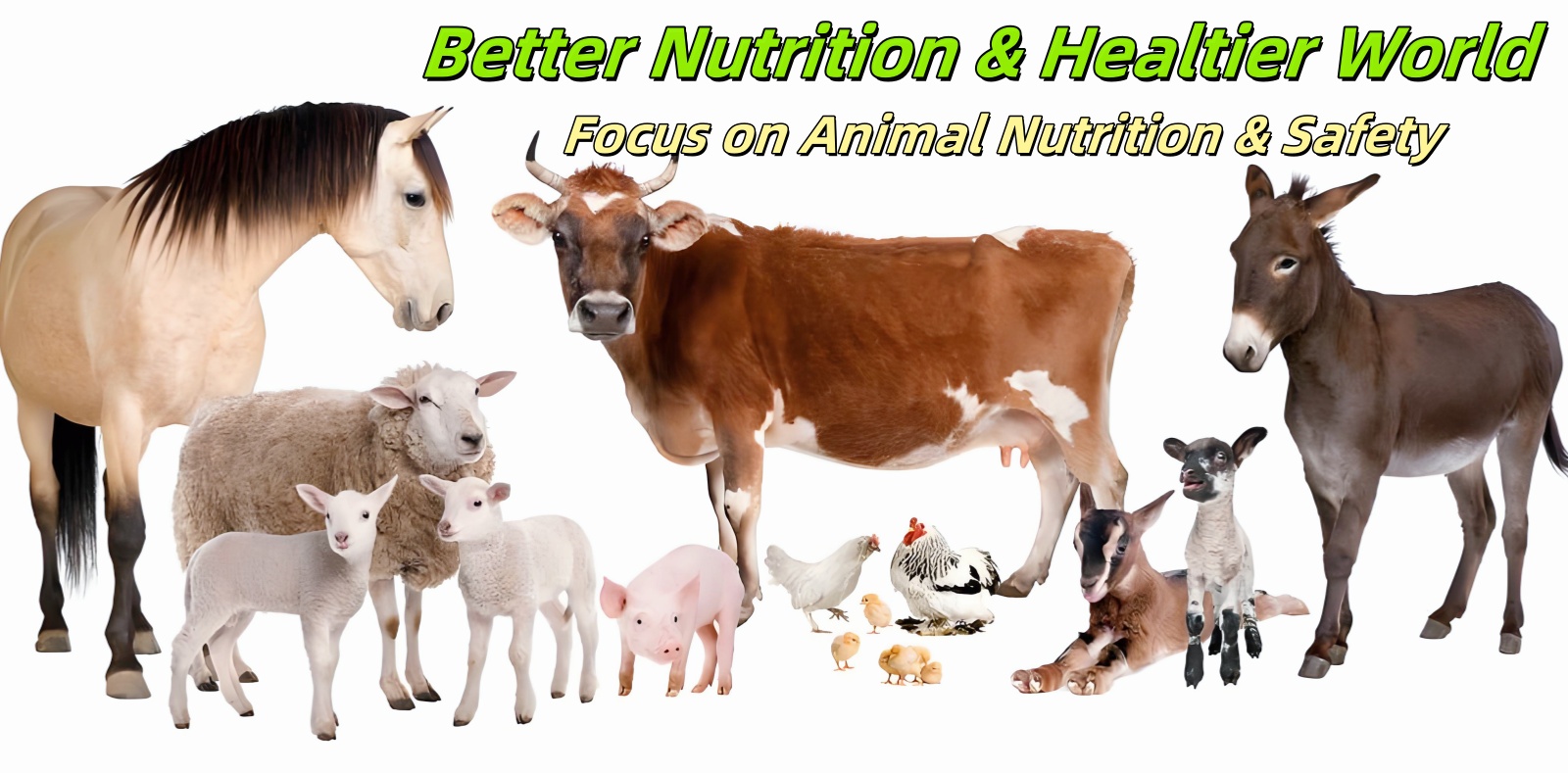Whether eggshells can be “recycled” has always been a hot topic in the chicken rearing process. Many farmers have thought: “Can chickens eat their own eggshells?” This may sound strange, but in fact, it is an economical, environmentally friendly and effective way of calcium supplementation. Today, we're going to talk systematically about this issue, tell you the pros and cons of chickens eating eggshells, the right way to do it, and the nutritional keys you still need to pay attention to.
Why Do Chickens Need Calcium
Chickens consume large amounts of calcium during egg production, especially during the shell formation stage. The eggshell of an egg contains about 2 grams of calcium, mainly composed of calcium carbonate (more than 94%), and chickens continue to lay eggs every day, if the supply of calcium is insufficient, it will cause the following problems:
Thinning and fragile eggshells, or even soft-shelled eggs
Osteoporosis in hens, and in severe cases, prolapse or difficult laying
Lower egg production rate and poorer health
Therefore, calcium supplementation is an important part of egg-laying hen feeding management. Although there is some calcium in the animal feed additives for laying hens, this may not be enough for highly productive hens. So obviously, hens need extra calcium supplements, and eggshells can come in handy.
Is It Safe to Feed Chickens Their Own Eggshells
The good news is that it's usually safe to feed chickens their own eggshells. In fact, it's one of the best options available. Eggshells from your own flock are a natural feed additives for poultry — a natural and clean source of calcium, and there's no risk of introducing outside bacteria or pathogens that could make your chickens sick.
However, if the eggshells come from somewhere else, you have to be careful. Eggshells from a friend's flock, or from purchased eggs, may carry bacteria unfamiliar to your chickens. If you want to use these shells, it's best to bake them first. Baking for 15 minutes at 160°F (about 71°C) kills E. coli, and baking for 15 minutes at 150°F (about 66°C) destroys salmonella.
Be careful not to use shells from eggs that have been treated with water-glass; these shells are saturated with lime for pickling and are not good for chickens. Eggshells used after hatching, which may be full of bacteria and other harmful substances, are also best avoided.
A common concern: whether chickens will develop a bad habit of “pecking” at eggs
As long as you handle eggshells correctly, drying them thoroughly and pulverizing them into pieces or powder, they won't cause chickens to mistake them for fresh eggs that they can peck at. The difference in sight and taste will prevent pecking behavior from occurring.

Eggshells vs. Commercial Calcium Sources
There are some commercial calcium sources on the market, such as oyster shells and limestone that you can buy at the feed store. These are good choices, but eggshells have their own advantage, which is that they are free! You don't have to spend money on supplements, just recycle your own eggshells to save money and the environment.
This doesn't mean eschewing commercial calcium sources altogether. Some chicken keepers like to mix half eggshells and half oyster shells in their feeding containers, so it's foolproof. This is especially appropriate at certain times of the year when there are not enough eggshells to go around. For example, if you dispose of a large number of eggs with water glass in the summer, you may not have as many extra shells.
How to Prepare Eggshells for Feeding
The process of preparing eggshells for chickens is not complicated, but there are a few key steps.
Cleaning (optional): If the eggshells are dirty or covered in feces, it's a good idea to wash them. If the eggshells are clean, this step can be omitted. Don't worry too much about the membrane on the inside of the eggshell, or the residual egg white. That little bit of extra egg white adds protein, and as long as the shells are thoroughly dried, the film is not harmful.
Drying: Drying the eggshells is crucial, as it makes them easier to crush into smaller pieces and reduces the risk of the chickens developing an egg-eating habit. There are many ways to dry them. They can be dried naturally, but this depends on the humidity of the environment and can take anywhere from a day to several days. Baking is quicker; place the shells on a baking sheet and bake at 200°F (about 93°C) for 40 minutes. In the winter, you can also use a wood stove and place a baking sheet on it for a few hours. If you have a dehydrator, you can also use it to dry the shells.
Crushing: Once the shells are dry, it is time to crush them. Be careful not to make the crushed shells still look like eggs; if the chickens see something that looks like an egg, they may take the egg as food. You can crush them by hand in a ziplock bag, or you can use a mortar and pestle, or a blender or food processor to give them a quick whiz. But make sure the crushed eggshells are in small pieces and don't beat them into a fine powder.
Feeding: don't mix crushed eggshells directly into chicken feed additives, feed them in a separate container. Chickens are smart and they know when they need extra calcium. Hens that lay a lot of eggs will eat more crushed eggshells, while roosters and hens that don't lay eggs won't. Also, if you feed your chickens a whole grain diet, a high protein diet, or allow them to roam freely for food, remember to also provide grit, which will help them “chew” on the crushed eggshells.

Do chickens only need calcium supplements? Of course not!
While calcium is an important mineral for laying hens, it is only part of the nutritional requirements. Laying hens also need a variety of trace minerals and vitamins to support their health and laying performance during different stages of growth, egg production and moulting.
For example:
Phosphorus: works with calcium to maintain bone strength
Vitamin D3: promotes calcium absorption
Zinc, manganese, copper: regulate immunity, feather growth, eggshell strength
Lysine, methionine and other amino acids: enhance protein metabolism and egg production efficiency
That's why many farmers choose to use Lima Biotech's functional vitamin premix for poultry deed and animal feed premix, which contain a full range of minerals, vitamins and nutrient enhancers to provide customized feed additives in animal nutrition support for laying hens at different stages of their lives. Eggshell calcium supplementation solves the “hardware” problem, while Lima premixes provide systematic “software” support, and when used together, the two can get twice the result with half the effort!
Frequently Asked Questions
Q1: Can all chickens eat eggshells?
It is not recommended to give eggshells to chicks or chickens that have not yet started laying, as their calcium requirement is still low and excessive amount will affect their development. It is suitable for adult laying hens.
Q2: How much eggshells should be fed?
It is recommended to control the amount of eggshell powder at 0.5~1g per chicken per day, and reduce if other calcium sources are used.
Q3: Can eggshell completely replace calcium source?
No. Eggshell is a fast-acting calcium source. Eggshell is a fast-acting calcium source, and the long-lasting calcium source still needs to be supplemented by animal binder for poultry feed, orffa Broiler Growth feed additives, and nutriad applying nature products.
Eggshells are a safe, economical and effective way to supplement calcium in chickens, but that's not all there is to managing chicken nutrition. Scientific chicken husbandry is not only about calcium supplementation, but also about maintaining the overall nutritional balance and enhancing chickens' immunity and stress resistance.
If you want your chickens to be healthy, strong and stable in egg production, try Lima Biotech Feed Premix. It is not only rich in calcium, phosphorus, vitamins and other key ingredients, but also includes a variety of trace elements and immunomodulatory factors, creating a high-yielding, healthy and sustainable nutritional system solution for your laying hens!
- About Lima Biotech
- Careers-Lima Biotech
- Code of Conduct-Lima Biotech
- Conditions of Sale-Lima Biotech
- Contact-Lima Biotech
- Cookies Policy-Lima Biotech
- Find Agent-Lima Biotech
- Investor Relations-Lima Biotech
- Legal Information-Lima Biotech
- Privacy Policy-Lima Biotech
- Success-Lima Biotech
- Sustainability-Lima Biotech
- World Class Manufacturing-Lima Biotech













